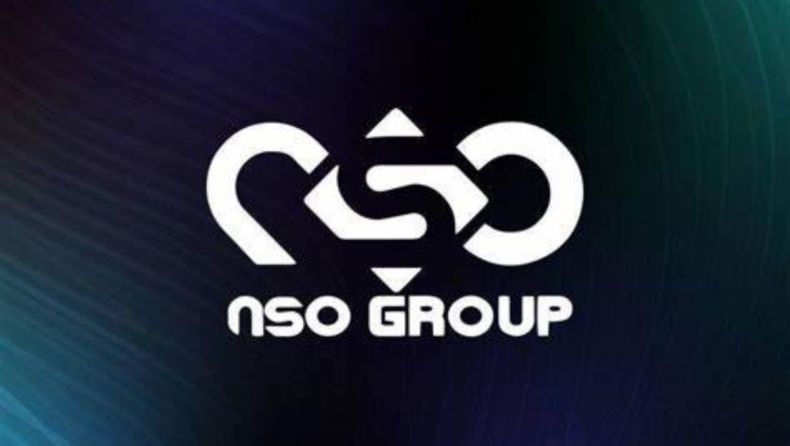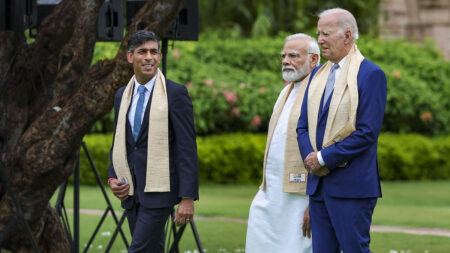
The laws controlling privacy and associated legislation in Israel have taken a drastic change. These events began with an Israeli Supreme Court judgement. It was in favour of weaker laws governing cell phone search warrants. Also, it finished with an exposé showing that Israeli police had been allegedly utilizing NSO Group spyware. They were even using it without warrants or clear legislative authorization.
Israeli Criminal Procedure Ordinance
In the case of Orich, the Supreme Court of Israel used an extended panel to consider one of the most important legal matters. It is concerned with the police’s eavesdropping power. The appropriate application of Section 23A of the Israeli Criminal Procedure Ordinance was the centre of Orich Ruling.
The Israeli police were given some judicial leeway by the court in Orich. There were some events that may have posed new difficulties to the judgement. In a series of investigative exposes, Calcalist, a renowned Israeli economic journal. It showed that Israeli police had been employing the NSO Group’s cyber monitoring capabilities in questionable circumstances without legal authorization.
According to the claim, the Israeli police’s SIGINT section has been secretly searching suspects cellphones. And all this was done by using NSO’s monitoring software without legal permission. According to the reports, authorities used these techniques to track down the organizers of the 2020 anti-Netanyahu protests.
It’s unclear if the police utilized NSO tools only for wiretapping, listening in on VoIP-based chats or intercepting electronic mail. Or else it is covered by the Wiretap Law and needs a warrant, or whether the NSO tools were also used to obtain additional data from the cellphone. While overt cellphone searches, in which the police physically grab the device and copy its contents. It may be permitted under Section 23A of the Criminal Procedure Ordinance (Arrest and Search). As it is the legal foundation for clandestine distant searches by equipment interference is unknown.
If the allegations in the report are true, it appears that the police conducted illegal warrantless cellphone searches and wiretapping. As well as surveillance actions that are not permitted under Israeli law.
Israel’s Domestic Intelligence Agency
The use of Shin Bet (Israel’s domestic intelligence agency) smartphone location tracking was used for coronavirus-related reasons. Though, it has already revealed major flaws in the Israeli SIGINT oversight ecosystem’s high-level decision-making process. As well as the legal infrastructure’s overall inadequacy.
It’s too early to say whether these events will lead to further change in Israel’s cyber spying legislation. A commission of investigation has already been suggested by politicians from all sides of the political spectrum. The creation of such a panel could spark a change. But with the given history, expectations should be kept in check.
Following the Israeli “Snowden moment” in 2020, the ISA’s communications metadata collecting programme (the “Tool”) was revealed. Moreover, the public debate concentrated on blocking the program’s use for coronavirus location tracking. Rather than criticizing its existence or its extremely permissive legal foundation.
Similarly, the public debate over police use of NSO tools has so far centred on criticizing the Israeli police and the Ministry of Justice’s actions. Rather than framing the incident as another case of authorities misusing NSO capabilities. Or we can say, sparking a more informed debate about the legislation of privately developed spyware.
Conclusion
NSO prevents its government clients from targeting phone numbers in Israel. Also, the “Five Eyes” intelligence partnership, includes the United States, the United Kingdom, Canada, Australia, and New Zealand. However, the corporation has not stated whether or whether those six countries employ NSO spyware to snoop on their own citizens.
In mid-2021, a group of international news organizations published a leaked list of 50,000 phone numbers. The governments allegedly sought to target NSO’s Pegasus spyware. It includes 180 journalists from nearly two dozen countries, the fiancée of slain Saudi journalist Jamal Khashoggi, and 14 heads of state, including French President Emmanuel Macron.
The US placed sanctions against NSO in late 2021 for “malicious cyber actions.”













